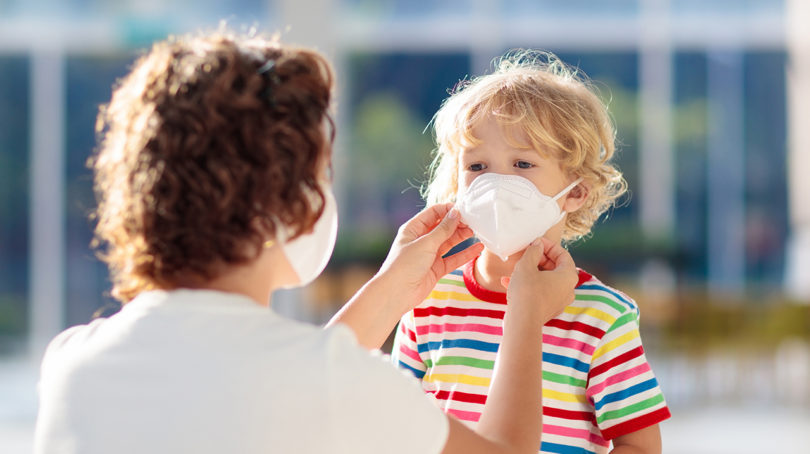According to new research in JAMA Pediatrics, which involved about 300 children between the ages of 3 and 6, face masks don’t hide emotions from children.
During the study, the children were instructed to view 90 pictures of actors who expressed various emotions. The actors had face masks.
“Since the beginning of the COVID-19 pandemic, health policy requires staff working in preschool education to wear face masks,” the authors said in their report. “This has prompted worries about the ability of young children to recognize emotions and the possible impact on their development.”
“Without face masks, preschoolers aged 36 to 72 months had a rate of correctly identified emotions on pictures of 11.8% to 13.1%,” the research report also stated.
The authors of the study concluded that the overall rate of emotional recognition was over 67 percent when the actors had worn face masks and over 70 percent when they didn’t.
“Actual face masks depicted in static pictures were significantly associated with emotion recognition in healthy preschool children, although differences were small and effect sizes were weak,” researchers concluded.
“Even with masks being worn, little kids can probably still make reasonable inferences about other people’s emotions.”


